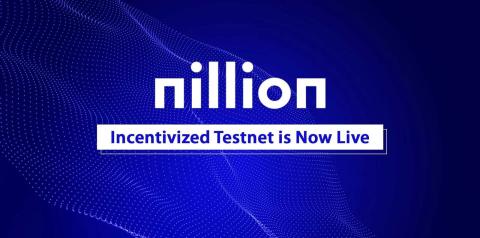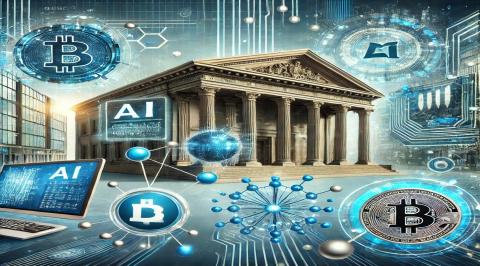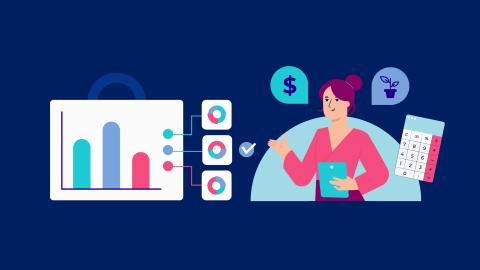The Pros and Cons of Utilizing AI in Marketing Content Creation

Artificial Intelligence (AI) has gained global attention since the launch of ChatGPT in November 2022. Combining computer processing capabilities with simulated intellectual problem-solving skills, AI offers diverse applications across numerous business sectors. In marketing, AI presents both advantages and disadvantages, particularly in content creation. Here, we explore the main aspects of this dynamic relationship:
Advantages:
1. Increased Productivity:
- AI-powered technology accelerates content creation, outpacing human content creators in terms of speed and volume. This efficiency allows for the generation of larger amounts of content within the same timeframe.
2. Cost-saving:
- AI improves productivity without proportionate increases in costs. While initial investments in AI may be substantial, the long-term benefits in labor costs can be significant, especially for businesses requiring regular production of large content volumes.
3. Data-driven Targeting:
- AI excels at data analysis and pattern recognition, enabling the effective segmentation of target audiences. This, in turn, allows marketers to create more specific and focused content tailored to resonate with specific audience segments.
4. Consistent Brand Voice:
- AI maintains a consistent brand voice across all produced content, filtering out inconsistencies that human creators may struggle to identify. This consistency contributes to building a recognizable and trustworthy brand image.
5. Detailed Analytics:
- AI's ability to handle vast amounts of data results in detailed and rapid analyses, surpassing human capabilities. This leads to more specific insights, facilitating adjustments to future strategies and increasing the likelihood of desired outcomes.
Disadvantages:
1. Reduced Creativity:
- While AI enhances scale and speed in content creation, it cannot match human creativity in ideation and producing diverse content. AI tends to reconfigure existing content, potentially leading to mechanical and unoriginal outputs.
2. Lack of Critical Thinking:
- AI lacks critical thinking capabilities, making content creation susceptible to biases, discrimination, or offensive outputs. Instances of biased content generation have raised concerns about the technology's ability to understand and critically assess diverse perspectives.
3. Information Dependency:
- AI-generated content heavily relies on existing information, limiting its ability to produce content on topics with limited available information. The lack of a unique life experience hinders AI's capacity to deduce tentative links based on a comprehensive understanding.
4. Loss of Humanity:
- AI-generated content lacks genuine emotion, a crucial component of effective marketing. Emotional connections play a vital role in content creation, and AI struggles to replicate the authenticity that human-generated content brings.
5. Disruptive Learning Curve:
- Implementing AI requires significant adaptation for businesses and staff. Integrating this new tool may disrupt workflows during the learning phase for both the AI and the professionals using it.
Conclusion:
The use of AI in content creation offers a balance of advantages and disadvantages. While AI enhances productivity, efficiency, and data-driven insights, it falls short in replicating human creativity, emotion, and critical thinking. Content creation, fundamentally an exercise in sharing human knowledge, prompts ongoing debate about the appropriate level of AI involvement. Presently, AI seems best suited to an assistant role, complementing human expertise and managing time-consuming tasks while under the guidance of experienced marketing professionals.











